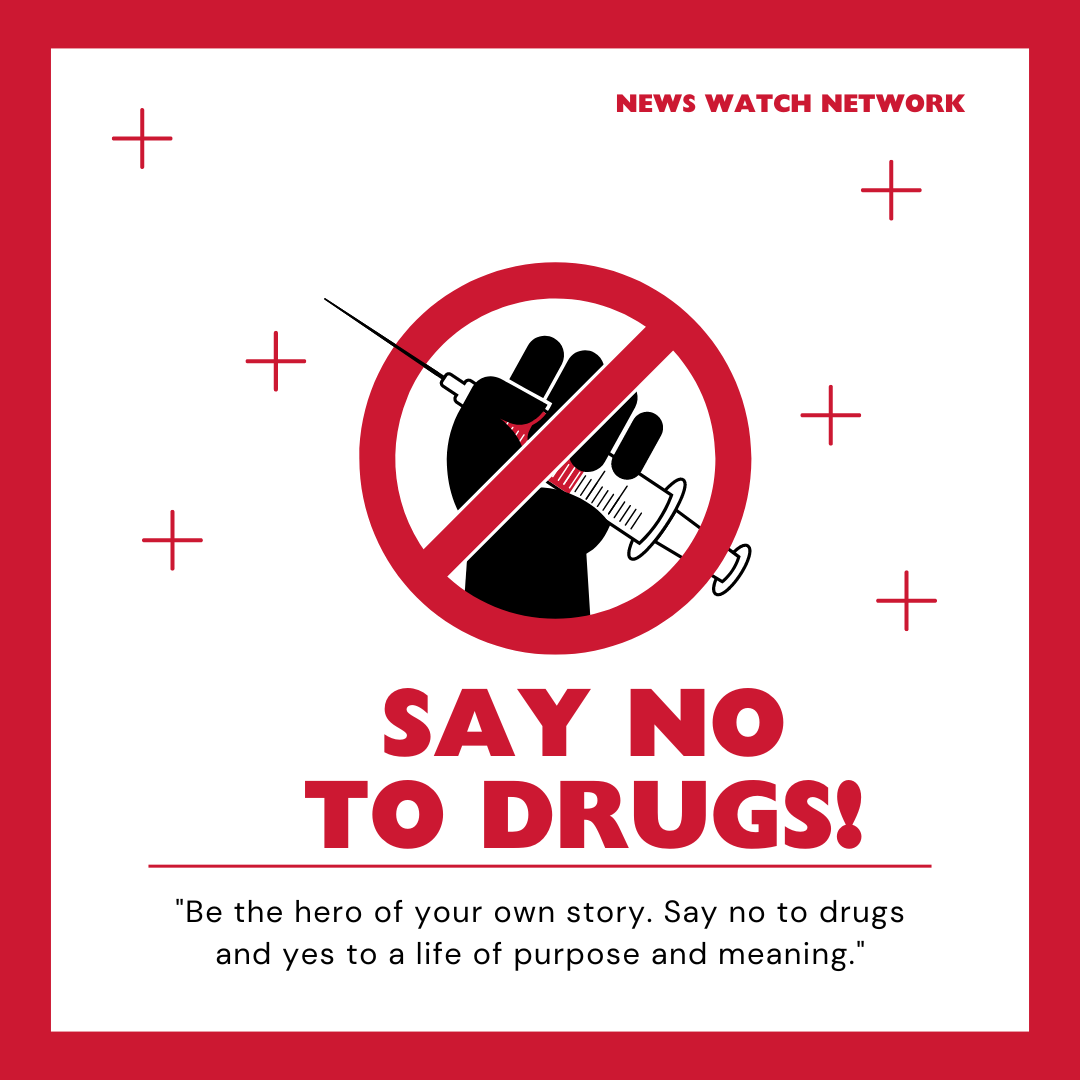Nigeria, is grappling with a burgeoning crisis: the alarming rise in illicit drug use among its youth. This issue is not just a public health concern but a multi-faceted problem affecting the nation’s socio-economic fabric and future prospects. The youth, representing the backbone of Nigeria’s labor force and the drivers of innovation and growth, are increasingly succumbing to the allure and dangers of illicit substances. This feature delves into the underlying causes, the pervasive impacts, and the efforts being made to address this escalating problem.

The Scope of the Problem
The National Drug Law Enforcement Agency (NDLEA) of Nigeria reported a sharp increase in drug abuse cases, with cannabis, opioids, and methamphetamines being the most commonly abused substances. The 2018 National Drug Use Survey revealed that approximately 14.3 million Nigerians aged 15-64 years used drugs in the preceding year, a rate significantly higher than the global average. Among these users, young people, particularly those aged 15-35, are disproportionately represented.
Root Causes
Socio-Economic Factors: High unemployment rates, poverty, and lack of opportunities create a fertile ground for drug abuse. Many youths turn to drugs as a means of escaping their harsh realities and feelings of hopelessness.
Peer Pressure and Social Influence: In a society where peer approval is highly valued, many young people succumb to drug use to fit in or gain social acceptance. The portrayal of drug use in media and music also glamorizes this dangerous lifestyle.
Mental Health Issues: Depression, anxiety, and other mental health disorders are both a cause and consequence of drug abuse. The stigma surrounding mental health in Nigeria prevents many from seeking help, pushing them towards self-medication with illicit drugs.
Lack of Awareness and Education: Insufficient education on the dangers of drug abuse leaves many youths ignorant of the severe consequences. There is also a significant gap in effective prevention programs and early intervention strategies.
Impact on Youth and Society
Health Consequences: Drug abuse leads to severe health problems, including mental health disorders, respiratory issues, and infectious diseases like HIV/AIDS and hepatitis due to needle sharing.
Educational and Occupational Impacts: Substance abuse often results in poor academic performance, school dropouts, and diminished job prospects, perpetuating the cycle of poverty and unemployment.
Crime and Violence: There is a strong correlation between drug abuse and crime. Many young people resort to criminal activities to sustain their drug habits, leading to increased violence and insecurity in communities.
Family and Social Disintegration: Drug addiction strains familial relationships and can lead to broken homes, further alienating the youth and reducing their support systems.
Efforts and Interventions
Government Initiatives: The NDLEA has intensified its efforts in combating drug trafficking and abuse through enforcement and rehabilitation programs. The agency also engages in public awareness campaigns to educate the youth on the dangers of drug abuse.
Non-Governmental Organizations (NGOs): Various NGOs are working at the grassroots level to provide education, support, and rehabilitation services. Organizations like YouthRISE and the Drug-Free Club Nigeria are making significant strides in this area.
Community and Religious Leaders: Leveraging the influence of community and religious leaders can help in spreading anti-drug messages and creating a supportive environment for affected individuals.
International Collaboration: Partnerships with international bodies like the United Nations Office on Drugs and Crime (UNODC) help in aligning Nigeria’s strategies with global best practices and receiving technical and financial support.

The Way Forward
Addressing the burden of illicit drugs among Nigerian youths requires a multi-pronged approach. Enhancing socio-economic conditions, improving mental health services, and increasing educational and employment opportunities are crucial steps. Community involvement and sustained government commitment are essential for creating an environment where young people can thrive without resorting to drugs.
Moreover, there is a need for a cultural shift towards viewing addiction as a health issue rather than a moral failing. This shift can lead to more compassionate and effective responses to drug abuse, prioritizing rehabilitation over punishment.
The future of Nigeria lies in its youth, and the scourge of illicit drugs threatens to undermine this potential. By understanding the depth of this crisis and mobilizing collective efforts towards sustainable solutions, Nigeria can hope to mitigate the impact of drug abuse and secure a healthier, more prosperous future for its younger generations.





